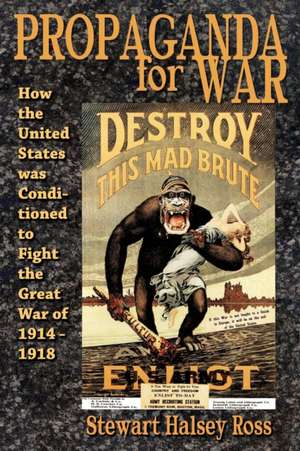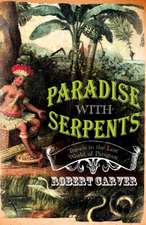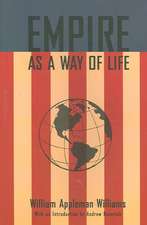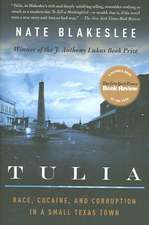Propaganda for War
Autor Stewart Halsey Rossen Limba Engleză Paperback – 13 iun 2009
Preț: 143.72 lei
Nou
Puncte Express: 216
Preț estimativ în valută:
27.51€ • 28.67$ • 22.90£
27.51€ • 28.67$ • 22.90£
Carte tipărită la comandă
Livrare economică 06-20 ianuarie 25
Preluare comenzi: 021 569.72.76
Specificații
ISBN-13: 9781615771417
ISBN-10: 1615771417
Pagini: 356
Ilustrații: b/w photos
Dimensiuni: 151 x 233 x 27 mm
Greutate: 0.52 kg
Editura: Progressive Press
Locul publicării:United States
ISBN-10: 1615771417
Pagini: 356
Ilustrații: b/w photos
Dimensiuni: 151 x 233 x 27 mm
Greutate: 0.52 kg
Editura: Progressive Press
Locul publicării:United States
Cuprins
Sacred Proposals & the Spiritual Sublime; "Loke in: How weet a wounde is here!": The Wounds of Christ as a Sacred Space in English Devotional Literature; Suffering in the Service of Venus: The Sacred, the Sublime, & Chaucerian Joy in the Middle Part of the Parliament of Fowls; Listening to Lavinia: Emmanuel Levinas's Saying & Said in Titus Andronicus; Precious Stories: The Discursive Economy in Shakespeare's Rape of Lucrece; The Sacred Pain of Penitence: The Theology of John Donne's Holy Sonnets; Bearing the Cross: The Christian's Response to Suffering in Herbert's The Temple; Horrific Suffering, Sacred Terror, & Sublime Freedom in Helen Maria Williams's Peru; Joanna Baillie & the Christian Gothic: Reforming Society Through the Sublime; Sacramental Suffering & the Waters of Redemption & Transformation in George Eliot's Fiction; Christina Rossetti & the Poetics of Tractarian Suffering; Suffering in Word & in Truth: Seventeenth & Nineteenth Century Quaker Women's Autobiography; Sacramental Imagination: Eucharists of the Ordinary Universe in the Works of Joyce, Proust, & Woolf; The Via Negativa in E M Forster's A Passage to India; Consolation in Un/certainty: The Sacred Spaces of Suffering in the Children's Fantasy Literature of George MacDonald, C S Lewis, & Madeleine L'Engle; The Messiah of History: The Search for Synchronicity in Miller's A Canticle for Leibowitz; Suffering & the Sacred: Hugh Hood's The New Age / Le nouveau siecle; Fictional Violations in Alice Munro's Narratives; Thomas Merton & the Aesthetics of the Sublime: A Beautiful Terror; Belated Beloved: Time, Trauma, & the Sublime in Toni Morrison's Beloved; Annie Dillard on Holy Ground: The Artist as Nun in the Postmodern Sublime; Passion Plays by Proxy: The Paschal Face as Interculturality in Endo Shusaku & Mishima Yukio; Testifying to the Infinity of the Other: The Sacred & Ethical Dimensions of Secondary Witnessing in Anne Karpf's The War After; Sacred Space & the Fellowship of Suffering in the Postmodern Sublime; Suffering Divine Things: Cruciform Reasoning or Incarnational Hermeneutics; Index.
Descriere
Ross discusses how the British organized a massive, covert propaganda apparatus with the goal of dragging America into the Great War of 1914-1918 on the side of the Allies.









